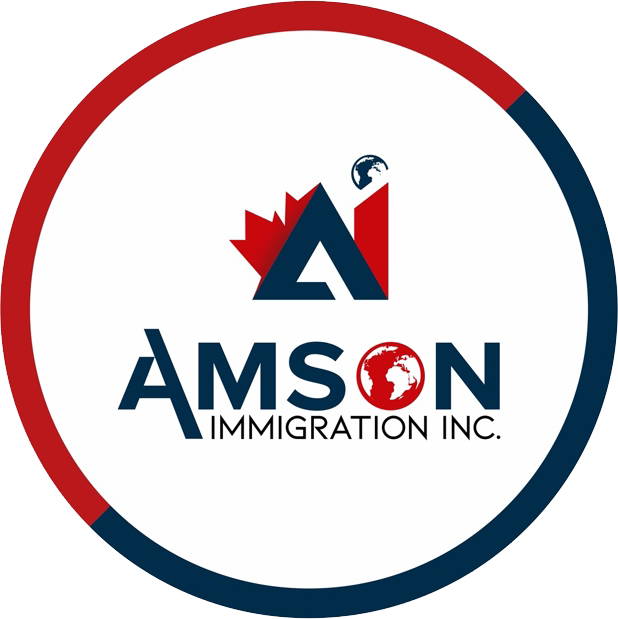
LMIA Work Permits
Employment and Social Development Canada (ESDC) produces a document called a Labour Market Impact Assessment (LMIA) to evaluate the effects of hiring a foreign worker in Canada. An employer may engage a foreign national if the LMIA is positive and there is no Canadian citizen or permanent resident to fill the post. When the LMIA is negative, it means that a Canadian citizen or permanent resident should occupy the position.
LMIA Application
As early as six months before the expected start date for the post, an employer may apply for an LMIA. The LMIA application process varies depending on the employee’s salary. To determine whether a position is high-wage or low-wage, employers should look at the median hourly wages in their province or territory. Low-wage positions will require the firm to meet additional requirements. Employers seeking LMIAs for certain occupations can do so through specialised streams. These consist of:
LMIA Application Requirements
LMIA applications are sent by mail to the proper Service Canada Processing Center in hard copy form. Applications must provide proof that the following requirements have been satisfied:
- Processing price: All LMIA applications come with a $1,000 Canadian processing fee, which is non-refundable even if the application is rejected. This fee may not apply to all applicants depending opon the category.
- Legal Proof of Your Business: documents attesting to the employer’s legal standing as a Canadian company.
- Transition Strategy: Employers are required to provide a plan outlining how they will handle the need to hire foreign nationals. Employers will eventually be expected to hire Canadian citizens and permanent residents instead of TFWs.
- Recruitment Attempts: Prior to hiring a TFW, employers must provide proof that they made significant efforts to find candidates who were Canadian citizens or permanent residents.
- Wages: Applications must contain details about the TFW’s pay. By separating high-wage positions from low-wage roles, this will guarantee that TFWs receive the same pay for their labour as their Canadian counterparts.
- Workplace Safety: TFWs have the same rights to a safe and healthy workplace as Canadians in similar positions. Because of this, companies are required to show that TFWs will have insurance coverage that is at least as good as the health insurance provided by the province or territory where the company is based.
Low-Wage Workers
The following three conditions must also be addressed by employers who submit LMIA applications for low-wage positions:
- Maximum TFWs: If a company has previously employed TFWs,
- Transportation: Employers are responsible for arranging safe transportation for low-wage workers to and from Canada. The cost of providing this transportation is borne by the employer.
- Accommodation: For the duration of their employment in Canada, low-wage workers must be given access to suitable housing.
What Takes Place Following LMIA Approval
Employers will receive a decision following processing of an LMIA application. Employers are permitted to hire foreign nationals if they receive a positive LMIA. Unfortunately, the business will not be permitted to hire a foreign national if a negative LMIA is granted.
LMIAs that are positive are valid for six months after the date of issuance. The foreign national must be informed by the employer following receipt of a positive LMIA so that they can submit an application for a work permit or permanent residency. Employers may request to have their LMIA application handled in 10 days under specific circumstances. An employer must be based outside of Quebec and satisfy one of the following criteria in order to be eligible for expedited processing:
- highest paying jobs: top 10% of Canadians’ salaries in the province or territory where they work
- specialised trades: paid at least the position’s median provincial or territorial wage.
Positions with a short tenure: 120 days or less - Direct Entry: The LMIA is intended to help an applicant for Express Entry.
